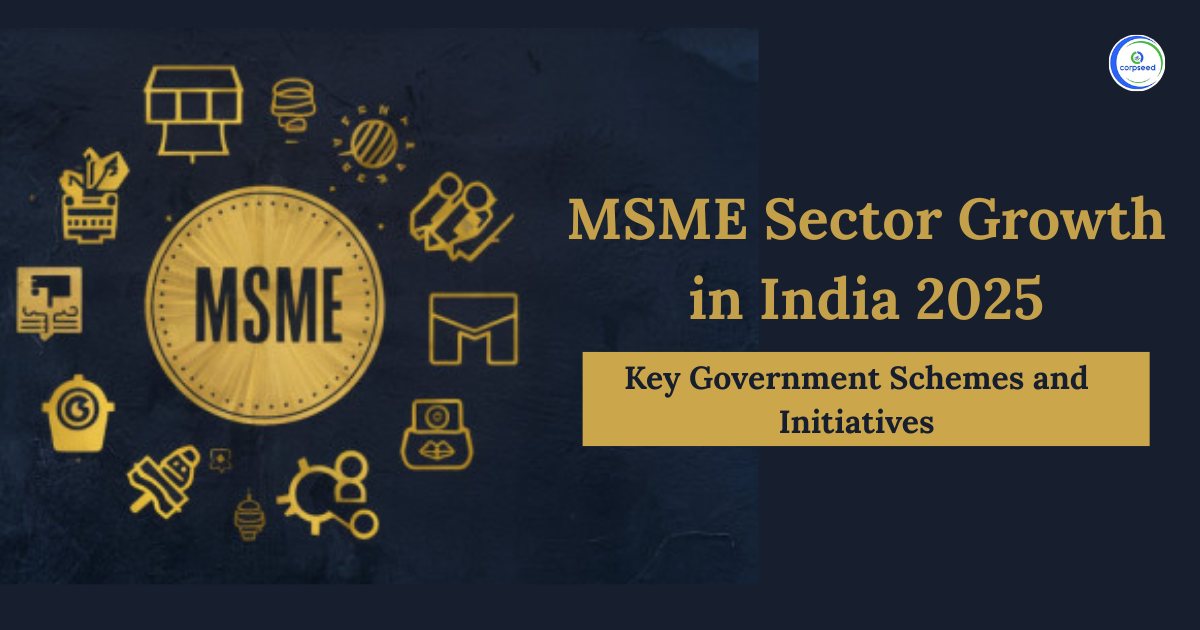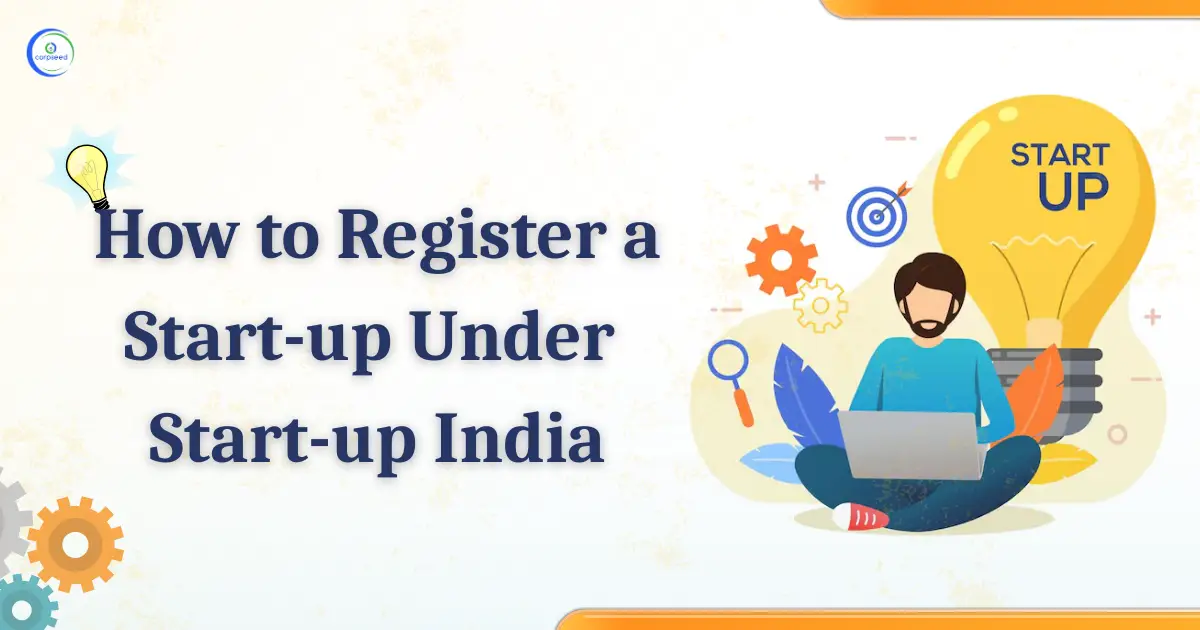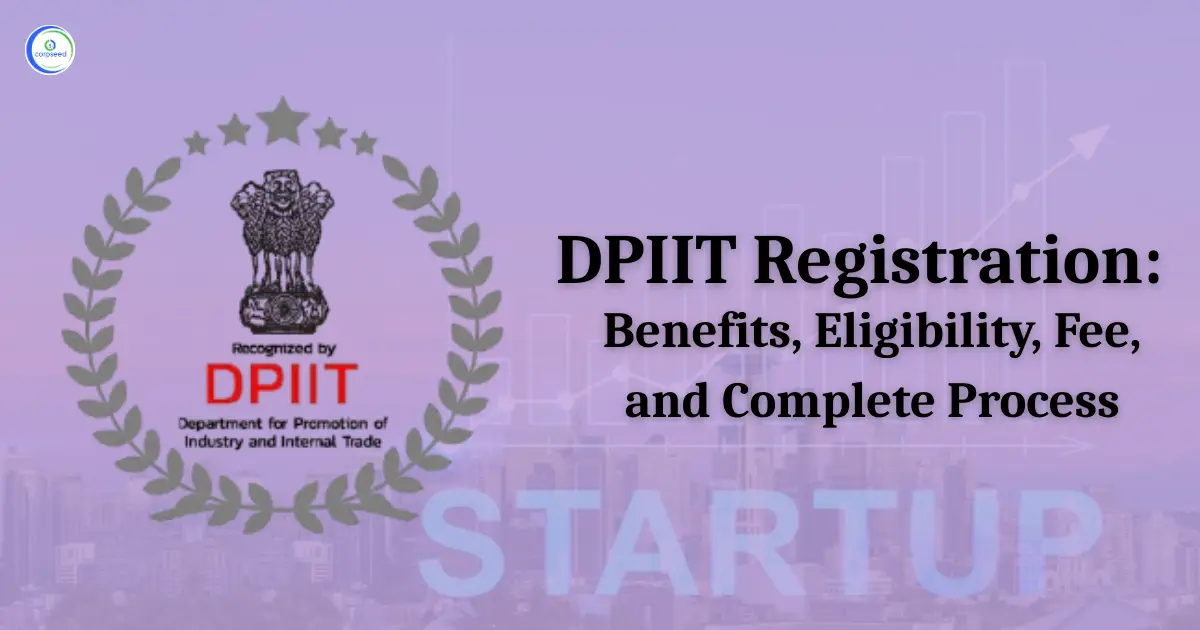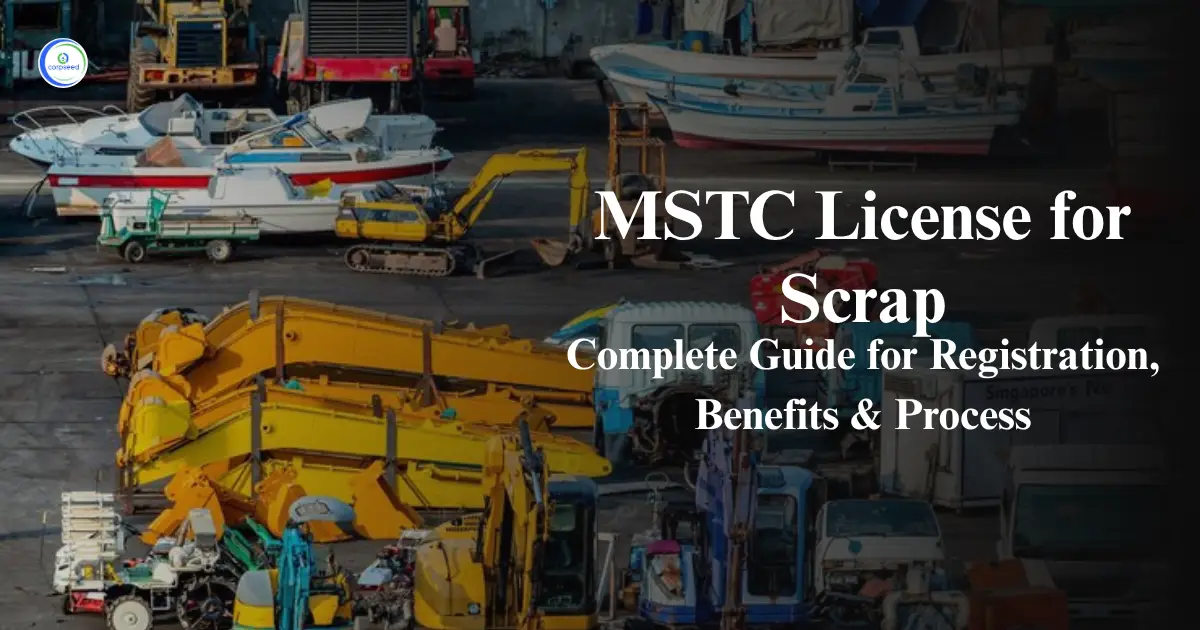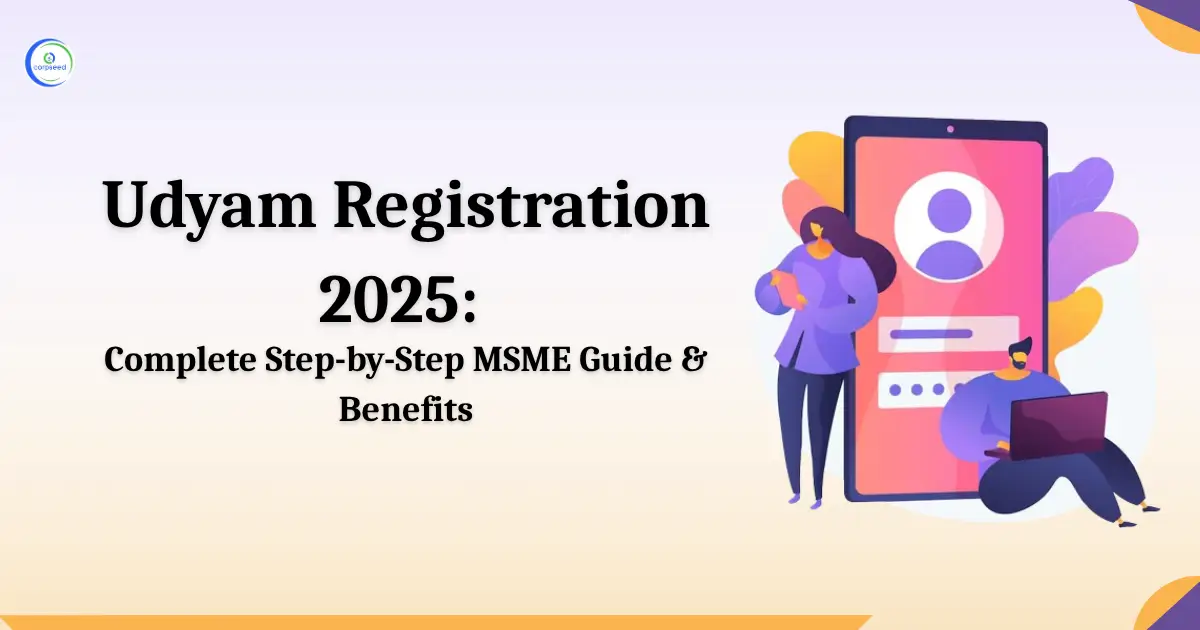The Micro, Small, and Medium Enterprises (MSME) sector remains one of the most significant contributors to India’s economy, generating large-scale employment and driving innovation across industries. Over the last five years, the Ministry of MSME has undertaken a series of structured policy measures, financial interventions, and technological advancements aimed at strengthening the sector.
The Udyam Registration Portal, launched on July 1, 2020, has played a central role in formalizing enterprises and enabling them to access government benefits more efficiently. As of July 31, 2025, the platform - along with the Udyam Assist Platform - has recorded 28.73 crore-employment opportunities across India, marking a substantial boost to the formal workforce.
The government's approach combines ease of doing business reforms, financial support, technology adoption, and skill development, ensuring the sector remains competitive both domestically and globally.
Table of Contents
- Major Growth Steps Taken in MSME Sector
- Udyam Registration for Ease of Doing Business
- Udyam Assist Platform (UAP) for Informal Micro Enterprises
- Inclusion of Retail and Wholesale Traders as MSMEs
- Revamped Credit Guarantee Scheme for MSMEs
- PM Vishwakarma Scheme for Artisans and Craftspeople
- Self Reliant India (SRI) Fund for MSME Equity Support
- Collateral-Free Loans with Expanded Limits
- Trade Receivables Discounting System (TReDS)
- Enhanced Financial Limits under PMEGP
- Cluster Development and Technology Upgradation
- Procurement and Marketing Support (PMSS)
- National SC/ST Hub (NSSH)
- Raising and Accelerating MSME Performance (RAMP)
- International Cooperation Scheme
- Impact on Employment and Economic Growth
- Conclusion
--------------Blog Contact Form-------------
Major Growth Steps Taken in MSME Sector
The major steps for growth taken in MSME sector are:
1. Udyam Registration for Ease of Doing Business
The introduction of the Udyam Registration Portal on July 1, 2020, simplified the MSME classification process with revised eligibility criteria. This move has reduced compliance burdens, enabling enterprises to obtain official recognition seamlessly. Registered MSMEs now enjoy access to priority sector lending, subsidies, and participation in government procurement programmes.
2. Udyam Assist Platform (UAP) for Informal Micro Enterprises
The Udyam Assist Platform extends formal recognition to Informal Micro Enterprises (IMEs), allowing them to access priority sector lending benefits. This integration brings millions of small-scale enterprises into the mainstream financial ecosystem, enhancing credit access and promoting long-term sustainability.
3. Inclusion of Retail and Wholesale Traders as MSMEs
Since July 2, 2021, retail and wholesale traders have been eligible for MSME classification. This policy expansion enables a significant portion of the trade community to benefit from MSME-specific schemes, financial assistance, and capacity-building initiatives.
4. Revamped Credit Guarantee Scheme for MSMEs
A major reform was implemented with the infusion of ₹9,000 crore into the Credit Guarantee Scheme, enabling additional credit of ₹2 lakh crore for micro and small enterprises. This measure not only strengthens working capital availability but also drives new investments and job creation across sectors.
5. PM Vishwakarma Scheme for Artisans and Craftspeople
Launched on September 17, 2023, the PM Vishwakarma Scheme provides comprehensive support to traditional artisans and craftspeople engaged in 18 specified trades. The scheme offers financial aid, skill training, market access, and modern tools, ensuring the preservation of traditional skills while enhancing productivity.
6. Self Reliant India (SRI) Fund for MSME Equity Support
The Self Reliant India Fund targets MSMEs with high growth potential, providing equity funding worth ₹50,000 crore. This initiative supports the expansion of scalable businesses, fosters innovation, and positions India’s MSMEs for global competitiveness.
7. Collateral-Free Loans with Expanded Limits
From April 1, 2025, MSEs can access collateral-free loans up to ₹10 crore with guarantee coverage of up to 90% under the Credit Guarantee Fund Trust for Micro and Small Enterprises (CGTMSE). This reform encourages larger investments in infrastructure, technology, and expansion projects.
8. Trade Receivables Discounting System (TReDS)
To address the issue of delayed payments, the Trade Receivables Discounting System facilitates the electronic financing of MSME receivables from corporates, PSUs, and government departments. This ensures smoother cash flow and minimizes working capital constraints.
9. Enhanced Financial Limits under PMEGP
Under the Prime Minister’s Employment Generation Programme (PMEGP), the maximum project cost has been increased from ₹25 lakh to ₹50 lakh for manufacturing and from ₹10 lakh to ₹20 lakh for services. This enhancement widens the scope for entrepreneurship and industrial growth in rural and semi-urban areas.
10. Cluster Development and Technology Upgradation
Through the Micro and Small Enterprises – Cluster Development Programme (MSE-CDP) and Technology Centre System Programme (TCSP), the government is promoting shared infrastructure, technology transfer, and skill development. These programmes enable MSMEs to upgrade production processes and meet global quality standards.
11. Procurement and Marketing Support (PMSS)
The Procurement and Marketing Support Scheme assists MSMEs in participating in trade fairs, exhibitions, and buyer-seller meets, both in India and abroad. This increases market reach, boosts exports, and strengthens domestic supply chains.
12. National SC/ST Hub (NSSH)
The National SC/ST Hub supports entrepreneurs from Scheduled Castes and Scheduled Tribes in accessing credit, technology, and market opportunities. It is a targeted initiative for inclusive industrial growth.
13. Raising and Accelerating MSME Performance (RAMP)
The RAMP programme focuses on strengthening institutional capacity, improving market competitiveness, and promoting digital adoption among MSMEs. This initiative is backed by global best practices and extensive stakeholder engagement.
14. International Cooperation Scheme
This scheme supports MSMEs in exploring international markets through delegations, study tours, and trade missions. It facilitates global exposure, technology collaborations, and export opportunities.
Impact on Employment and Economic Growth
The combined effect of these initiatives has significantly boosted employment generation, with 28.73 crore employment opportunities recorded between July 1, 2020, and July 31, 2025. Increased credit access, skill training, and market expansion have not only strengthened existing enterprises but have also encouraged new entrepreneurs to enter the sector.
The MSME sector's resilience and adaptability, supported by progressive government policies, have positioned it as a driver of India’s GDP growth and a catalyst for inclusive development.
Conclusion
Between 2020 and 2025, the Ministry of MSME has implemented a multi-pronged growth strategy encompassing financial reforms, skill enhancement, market access, and digital transformation. With the sector playing a critical role in employment creation and industrial output, these measures are set to keep MSMEs at the forefront of India’s economic progress in the coming decade.
FAQ`s
Udyam Registration, launched in July 2020, is an online system for simplifying MSME classification and registration. It enables enterprises to access collateral-free loans, government subsidies, priority sector lending, and participation in public procurement schemes.
As per the 2025 criteria, micro enterprises have investments up to Rs 2.5 crore and turnover up to Rs 10 crore, small enterprises have investments up to Rs 25 crore and turnover up to Rs 100 crore, and medium enterprises have investments up to Rs 125 crore and turnover up to Rs 500 crore.
Collateral-free loans are available under schemes like the Credit Guarantee Scheme (CGTMSE), PM Vishwakarma, and Mudra Yojana, offering government-backed guarantees and flexible repayment options to support working capital and business expansion.
Introduced in September 2023, the PM Vishwakarma Scheme provides traditional artisans in 18 trades with skill training, modern toolkits, marketing assistance, and collateral-free loans at subsidized interest rates.
The Udyam Assist Platform helps bring Informal Micro Enterprises (IMEs) into the formal economy, allowing them to qualify for priority sector lending and benefit from various MSME development schemes.
This portion of the site is for informational purposes only. The content is not legal advice. The statements and opinions are the expression of author, not corpseed, and have not been evaluated by corpseed for accuracy, completeness, or changes in the law.
BOOK A FREE CONSULTATION
Get help from an experienced legal adviser. Schedule your consultation at a time that works for you and it's absolutely FREE.
